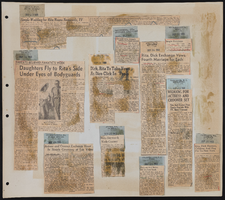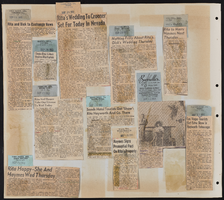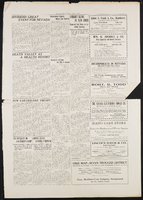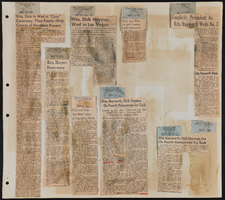Search the Special Collections and Archives Portal
Search Results
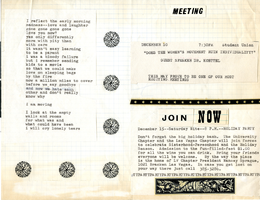
National Organization for Women artwork and ephemera, 1970s
Date
1970 to 1979
Archival Collection
Description
Zine, artwork, and magazine for the National Organization for Women (NOW).
Text
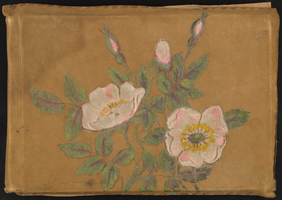
Scrapbook of poetry and other clippings
Date
1908 (year approximate) to 1924 (year approximate)
Archival Collection
Description
Scrapbook of poetry and other clippings
Mixed Content
Audio from interview with Mike and Sallie Gordon, March 2, 1977
Date
1977-03-02
Archival Collection
Description
Full interview audio with Mike and Sallie Gordon in March 1977 in which they discuss arriving in Las Vegas and their business enterprises.
Sound
Pagination
Refine my results
Content Type
Creator or Contributor
Subject
Archival Collection
Digital Project
Resource Type
Year
Material Type
Place
Language
Records Classification


